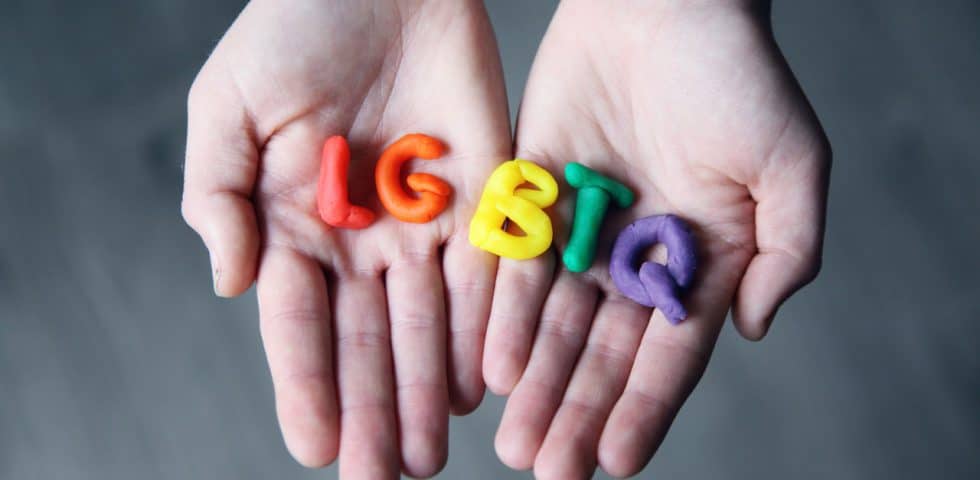People within the LGBTQIA+ community share many things in common outside of sexuality and identity. Many seek therapy for things like self-esteem concerns, anxiety, relationship issues, and more. Regardless of the reason, someone from the community might seek counseling, it is important that their therapist will be accepting and supportive.
What is LGBTQIA+ Affirmative Therapy?
LGBTQIA + Affirmative Therapy was developed to address the unique emotional and mental health needs of members of the LGBTQIA+ community. This therapy describes the acknowledgment and acceptance of an individual’s identity and sexual orientation. Therapists who offer affirmative therapy provide their LGBTQIA + clients a safe space to develop a healthy sense of self and strengthen their voice.
Tenets Of LGBTQ + Affirmative Therapy
LGBTQIA+ Affirmative Therapy can help someone challenged with mental health issues navigate their life and choices in a more thoughtful and meaningful way. Here are some of the main tenets of LGBTQIA+ Affirmative Therapy:
Safe Spaces
The most important aspect of effective therapy is creating a safe space for the client to explore their emotions and heal any trauma. In LGBTQIA+ Affirmative Therapy, individuals are welcomed without any judgment or preconceived notions.
Finding a True Ally
Once a safe space and genuine trust have been established, an alliance can be fostered where the LGBTQIA+ individual feels they are supported and celebrated.
What is the Best Way to Find an LGBTQIA+ Affirmative Therapist?
If you would like to work with a trained LGBTQ + Affirmative therapist, there are several steps you can take to find one:
- Ask a friend or acquaintance for a referral
- As for a referral from a well-known LGBTQ + organization
- Do a Google search specifically using the term LGBTQ + Affirmative Therapy
Make a list of two to three therapists who seem qualified to help you with your unique issues, then feel free to call them to get a sense of their personality. A good therapist will be happy to speak with you to make sure your questions are answered and you feel comfortable moving forward.
If you are experiencing a mental health issue and would like to work with an LGBTQ + Affirmative therapist, please reach out to me. I offer telehealth sessions and am happy to discuss how I may be able to help.
SOURCES:


